Securities Times ha riferito che il CBD (cannabidiolo, un cannabinoide non psicoattivo), dopo anni di sviluppo, è gradualmente diventato un importante punto di crescita nel settore in mezzo alla debolezza delle sigarette elettroniche. Gli addetti ai lavori del settore hanno affermato che i produttori di atomizzatori di CBD stanno facendo ottimi affari, molto al di sopra del livello medio del settore.
E-cigarette business has been weak this year, and orders compare to the list. "Securities Times reporter interviewed an e-cigarette battery supplier, the other side said so. It is understood that recent Simol international stock price has been relatively weak, there is a reason for the industry is not booming. Simor to the international giant OEM, affected by the industry environment is relatively big. Disposable e-cigarettes have been a flashpoint for the industry in recent years, gradually replacing e-cigarettes as the mainstream overseas, but after continuous growth, there has been a recent slowdown.
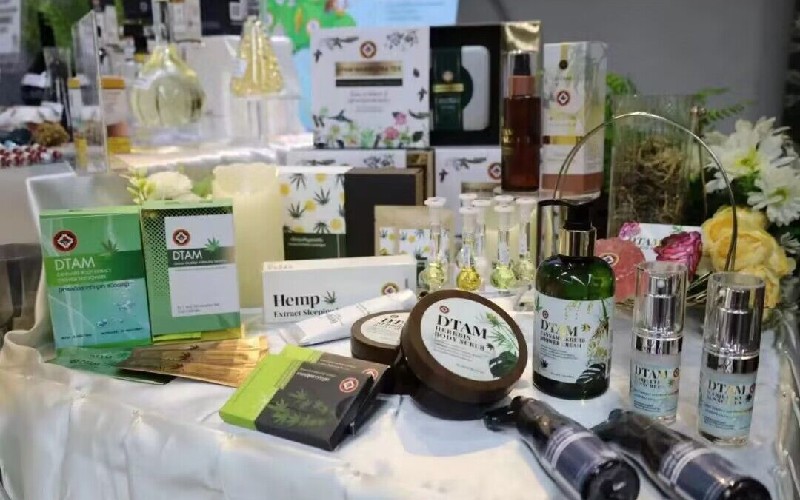
The recent hot spot is cannabis CBD products," said Li Youqiang, an expert in the e-cigarette industry. After the year, the pattern of the e-cigarette industry has changed obviously. Some manufacturers are rising, while others are declining. He believes CBD products will continue to sell well, leading to some companies seizing the opportunity. CBD, also known as cannabidiol, is a compound naturally found in cannabis resin flowers. It is one of more than 100 "plant cannabinoids". Unlike THC, CBD does not cause the hallucinogenic effects of THC (tetrahydrocannabinol, a drug ingredient) and has no side effects of THC. In recent years, CBD has gradually been recognized by the public as low-concentration CBD appears in health care products, food and skin care products. CBD has analgesic properties and can also reduce anxiety, panic, and has fewer side effects associated with marijuana than many over-the-counter and prescription painkillers. The risk of dependence is also lower.
Due to the easterly trend of marijuana legalization, marijuana products have been promoted rapidly and recognized by consumers in recent years. Inhaling CBD vaping oil through atomizing equipment is one of the consumption methods. Its principle is similar to that of vaping, but because it does not contain nicotine, it does not need to accept strict supervision as tobacco products, and it does not need to pay high consumption tax, so manufacturers have greater freedom. This is a separation of the atomized product from the tobacco.
In the US market, CBD industry has also been suppressed by the policies of some state governments. Many enterprises are researching CBD alternative raw materials, and products centering on other rare components of industrial hemp such as CBG and CBN have begun to appear. These two components are not regulated by the US law at present.
The Brightfield Group's 2022 US CBD Mid-Year Report, released last July, FDA Impact and Path Forward, including projections for two scenarios, with and without Food and Drug Administration (FDA) regulation, in response to expectations and possible federal market change regulations if FDA guidance delays persist.
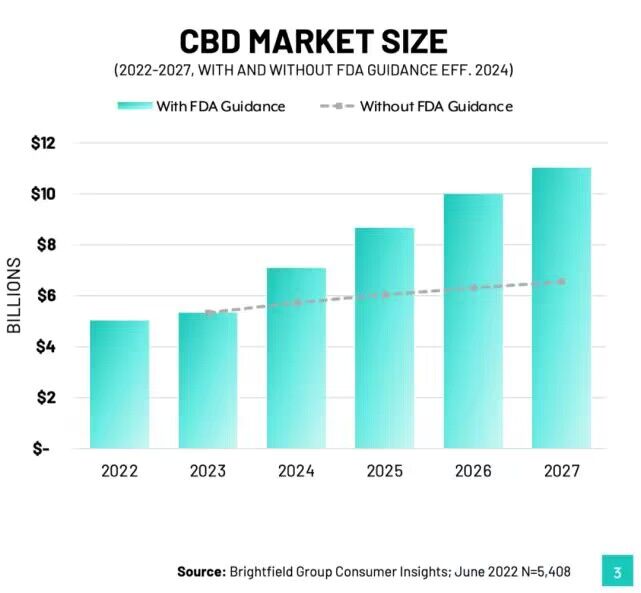
According to the Brightfield Group, the US industrial cannabis-derived CBD market is estimated to be worth about $5 billion in retail sales in 2022. If federal rules are implemented by 2024, sales are expected to reach $11 billion by 2027.
Brightfield Group is a leading research firm in emerging categories, including CBD, cannabis and health. Unique insight into the development of new markets by integrating multi-source data with AI and research expertise into cross-comparable data lakes.


 italiano
italiano English
English français
français Deutsch
Deutsch русский
русский español
español português
português Nederlands
Nederlands 日本語
日本語 한국의
한국의






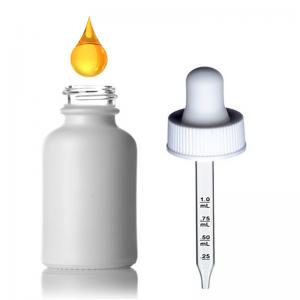
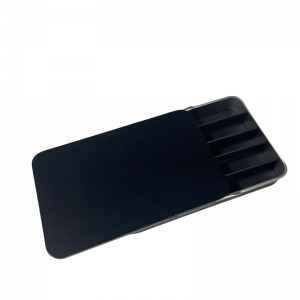
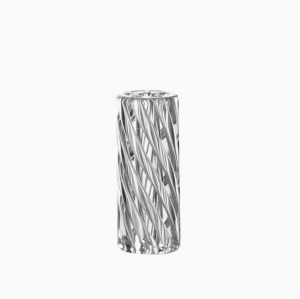
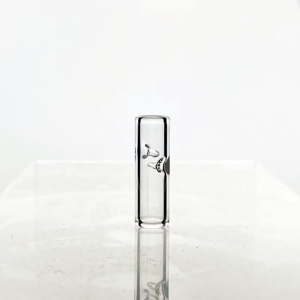
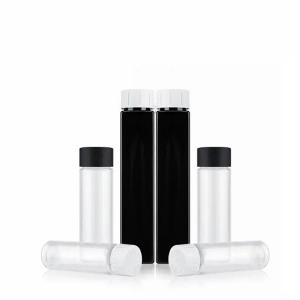
 2023-04-13
2023-04-13


 Servizio Online
Servizio Online +86 15375471059
+86 15375471059

